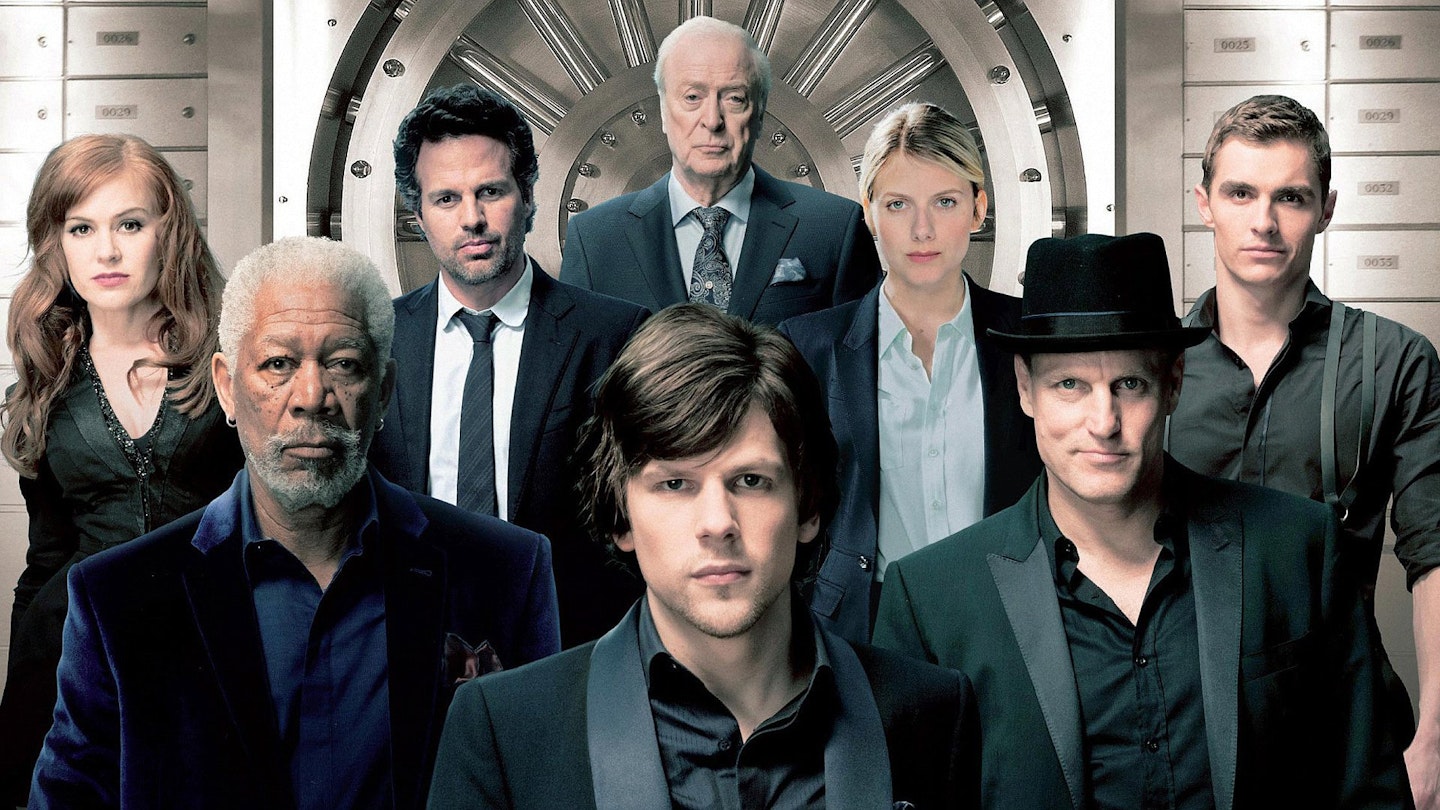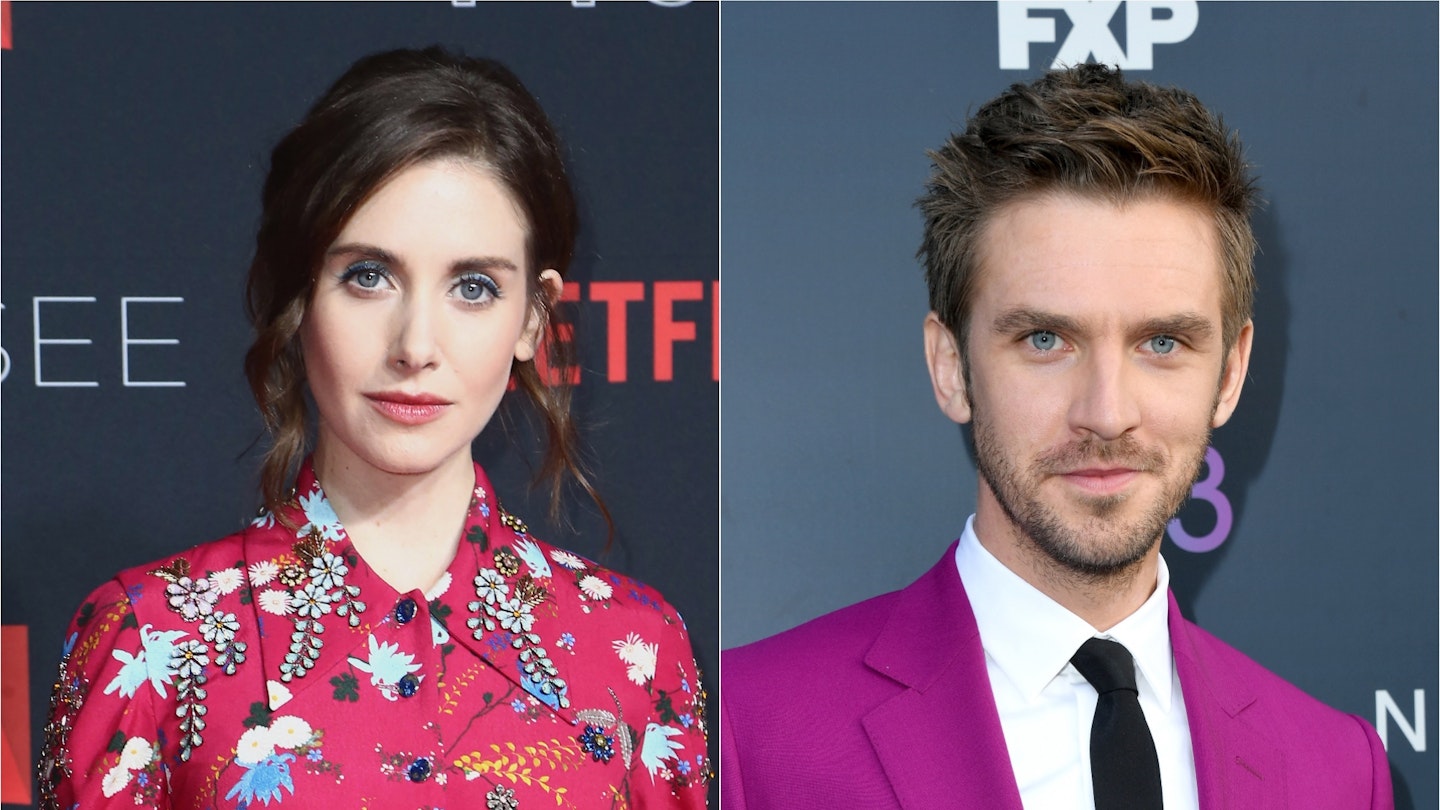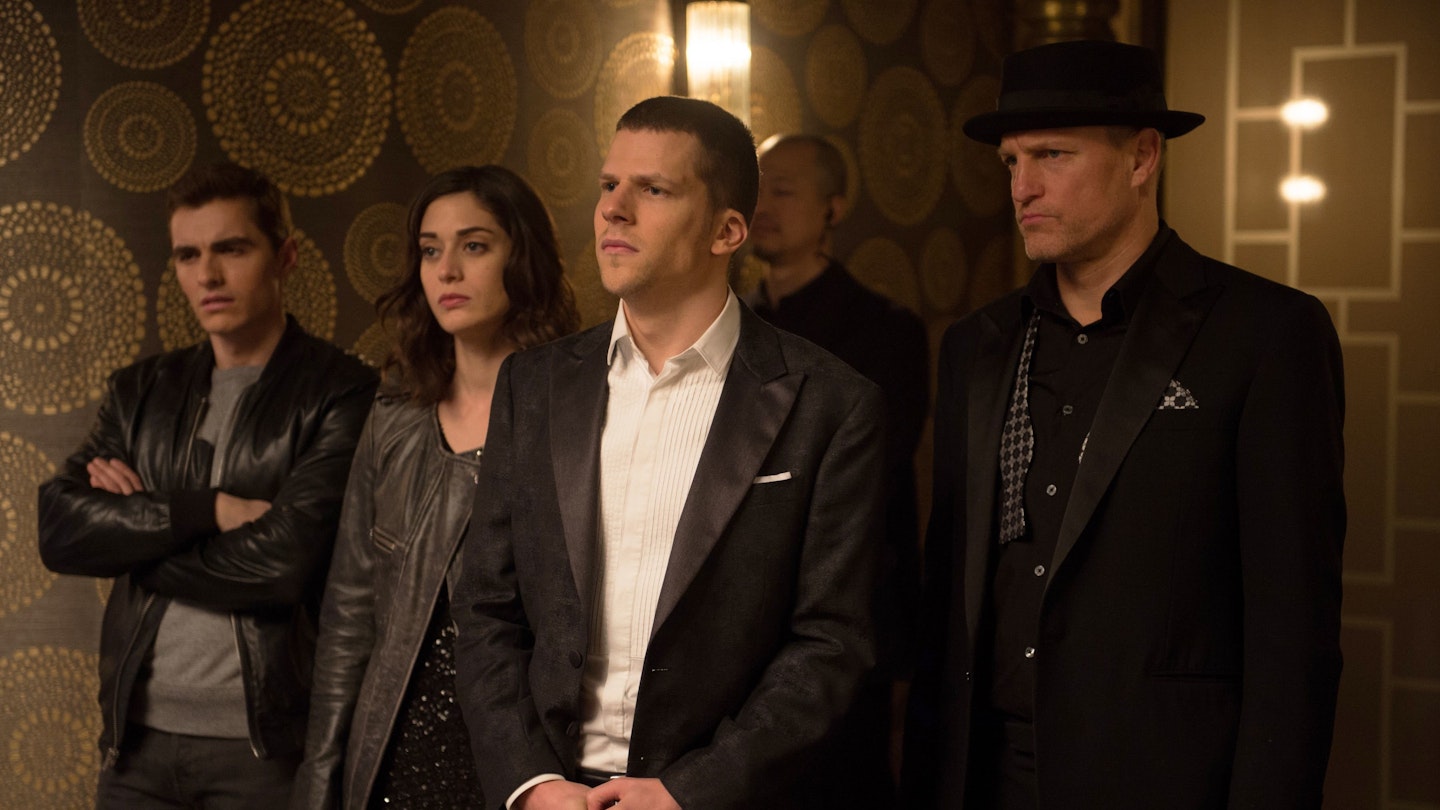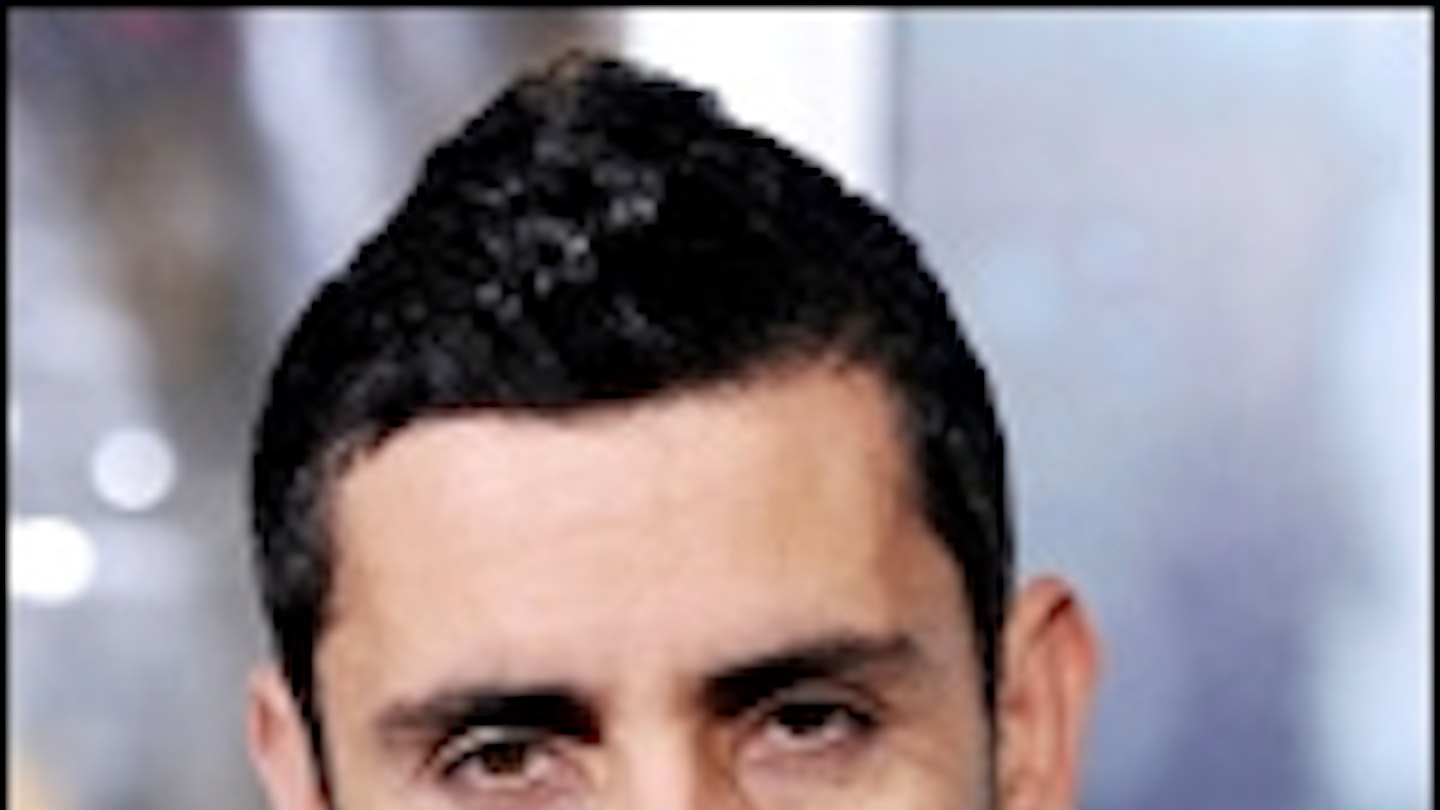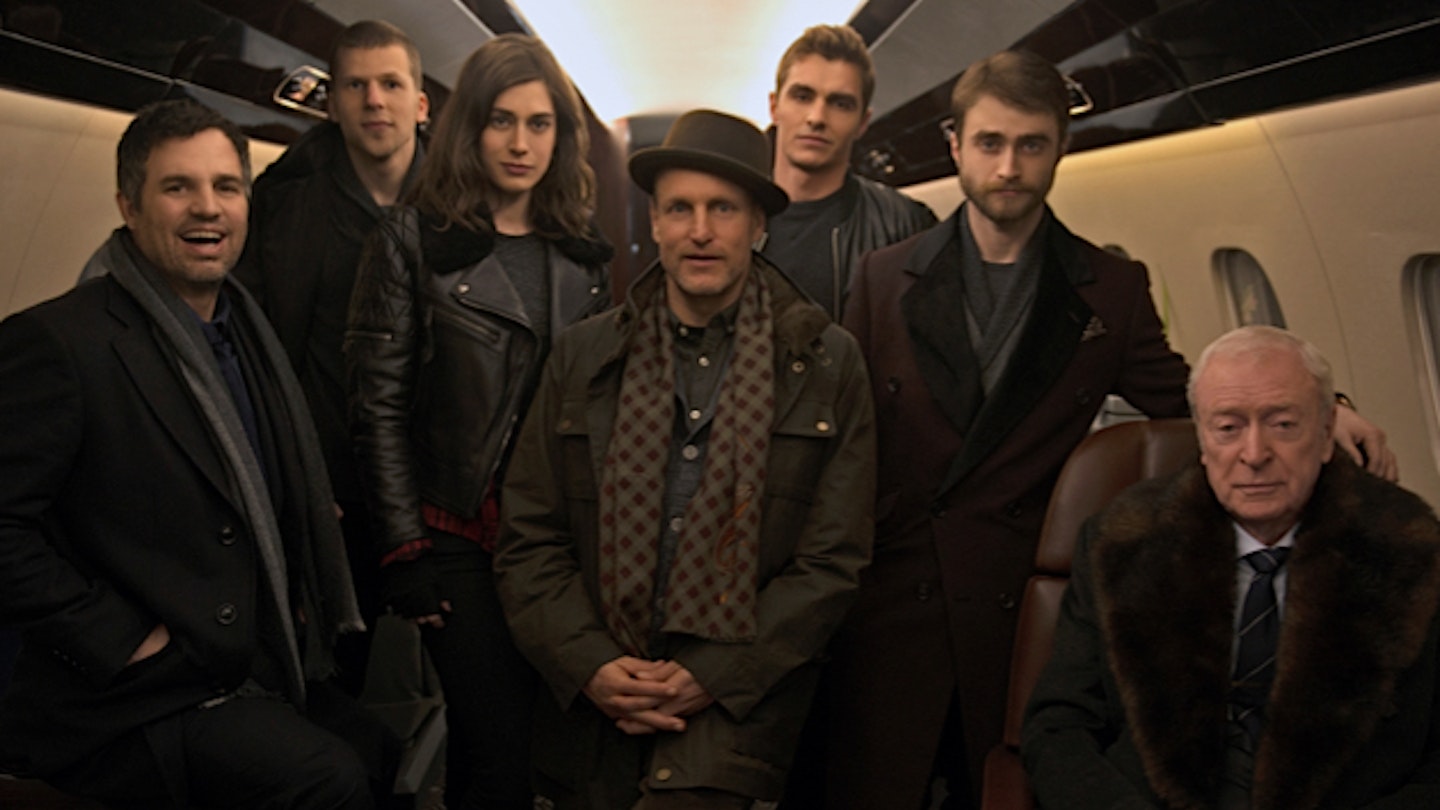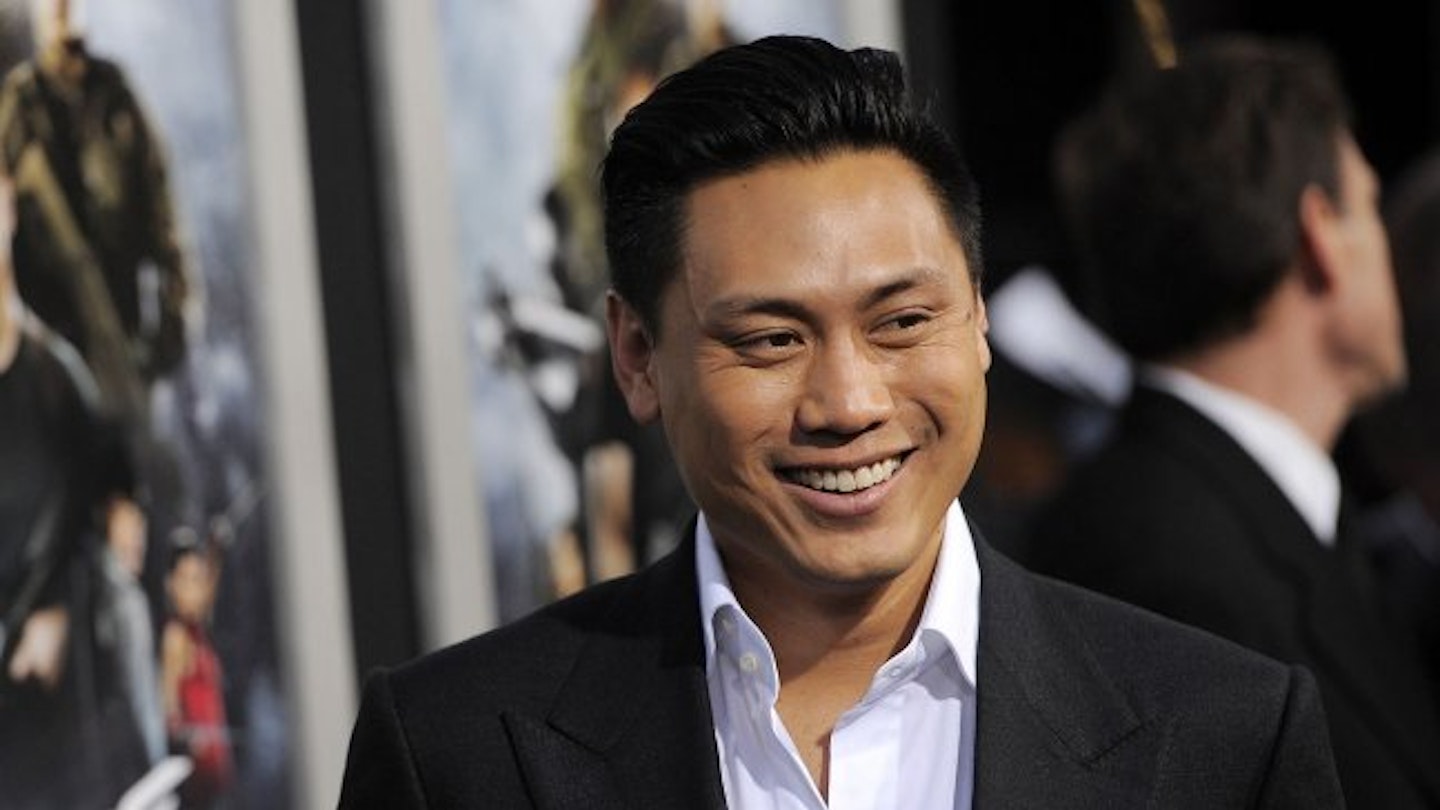The joy of a really good magic trick is not in genuinely believing that someone has made, for example, the Statue Of Liberty disappear, but in knowing they have outsmarted you in a way so fiendish and unfathomable that all you can do is clap seal-fashion and gawp. It’s why we always ask, “How did they do that?!” Because we know there
is a rational explanation, but our puny, non-illusionist brains are incapable of finding it. Now You See Me forgets this important part of the deal and so ends a fun show with a big puff of smoke and a reveal that induces groans not gasps.
The set-up is Ocean’s Eleven with magicians (and only four of them). A close-up prestidigitator (Jesse Eisenberg), a mind reader (Woody Harrelson), an escape artist (Isla Fisher) and a pickpocket with aspirations (Dave Franco) are brought together by a mysterious overlord and given an apparently limitless budget to put on giant magic shows which they use to rob a bank and then a person, in plain sight. The cops, in particular one misery played by Mark Ruffalo, can bring them in but can’t make it stick because you can’t arrest people for immoral wizardry. The fun is both in the elaborate razzle-dazzle of the set-pieces and then the simple explanations of how they were done, thanks to a professional trick-ruiner (Morgan Freeman) whom the cops bring onto the case.
For a long stretch it’s giddy, enjoying all its toys and revelling in the fact it can chuck in an extended fight scene involving disappearing tricks and playing cards as weapons and have that make perfect sense. It doesn’t hurt that it’s played out by a cast with very different, entirely complementary skills. The main four are an unusual combination but one that sparks. More of their snippy interaction as the plot progresses would not have gone amiss. They’re gradually lost in their own story.
Yet as any magic show must, it builds to a big crescendo and promises to go beyond anything you could possibly imagine. In a sense it does, but only because its two big ta-das are alternately completely improbable and a cheat of its own rules. There is no prestige. The flowers up its sleeve have wilted and the rabbit in its hat is dead.
